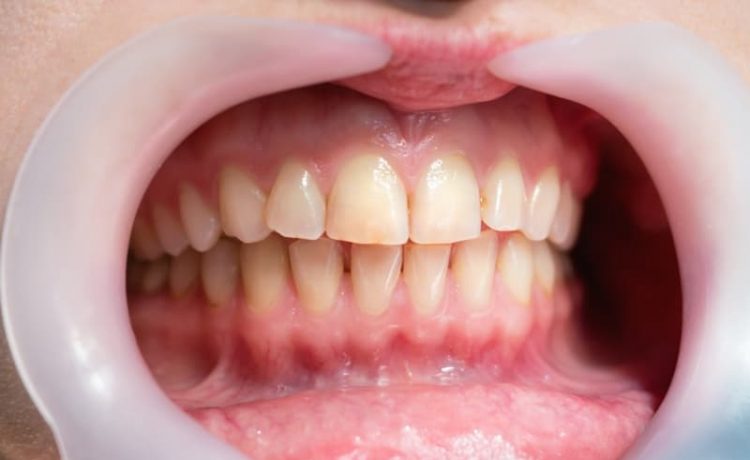Periodontal disease, popularly known as gum disease or periodontitis, is the leading cause of tooth loss if left untreated. It is a gradual progressive destruction of the surrounding gum tissues that may eventually involve the alveolar bone. It begins as an inflammation of the gums due to the toxins found in plaque.
The bacterial infiltration causes gingival pockets between the gums and the teeth. If this bacterial growth is not interrupted, periodontal disease may destroy the alveolar bone, promoting tooth loss.
Our leading dentist in Jackson Heights, New York, will help you better understand the causes of periodontal disease.
What are the most prevalent causes of periodontal disease?
There are a variety of causes that can predispose you to develop periodontal disease, such as:
- Poor oral hygiene
- Lack of good oral habits and a poor diet can cause the accumulation of plaque and bacterial invasion. This can lead to the secretion of bacterial toxins that can cause gingivitis or periodontitis, leading to tooth loss.
- You can effectively prevent periodontal disease through proper home care and regular dental visits. Failing to do so can dramatically impact your oral health.
- Tobacco use in the form of smoking
- Smokers are more prone to gingival inflammation and bone loss.
- This is due to the fact that smoking leads to poor healing and recovery rate.
- Genetic factors
- People with a genetic predisposition are six times more likely to develop periodontal disease.
- Hormonal changes
- Hormonal imbalance as seen during pregnancy and menopause can wreak havoc on your oral health.
- Your gum tissues are likely to be more susceptible to inflammation.
- Chronic stress
- Stress greatly lowers the ability of your immune system to fight off disease.
- Your body’s defense mechanism is compromised which causes gum disease.
- Improper diet
- A poorly balanced diet or malnutrition can also play a vital role in causing gum disease due to poor immunity.
- Underlying medical conditions
- Certain health conditions such as diabetes, arthritis, heart disease, or respiratory disease can increase your risk of periodontal disease.
- This is mostly attributed to poor healing and recovery rate.
- Certain medications
- Medications such as antihypertensives, oral contraceptive pills, steroids, heart medicines, and antidepressants can negatively affect the overall health of the teeth and gums.
- They facilitate bacterial colonization and cause gingival swelling.
- Bruxism
- Abnormal grinding or clenching of teeth is believed to damage the supporting tissue surrounding the teeth.
How is periodontal disease treated?
A periodontist can treat periodontal disease depending on the severity of the condition.
- Treatment mostly includes antibiotics and antifungal drugs to fight off infection, scaling and root planing to eliminate plaque and calculus. These methods can halt the disease progression.
- However, if the disease causes tooth loss, tissue regeneration, and gum grafting procedures are recommended.
It is crucial to prevent periodontal disease to maintain the integrity of your natural dentition. Consulting a dentist at the right time helps to prevent the onset, progression, and recurrence of periodontal disease.







